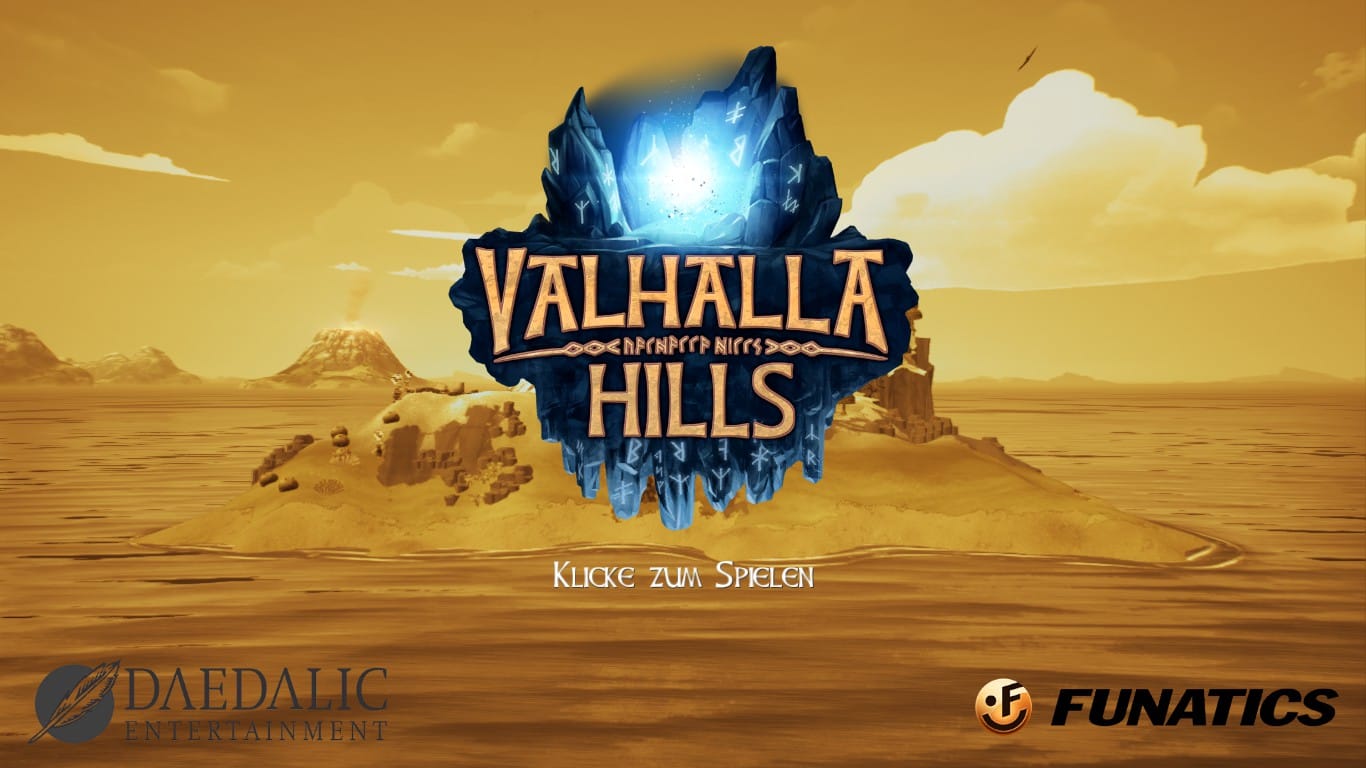
The composition of the ground you are building on is important. If your Vikings are hungry or tired, they'll work less efficiently. Well-rested Vikings will be able to work longer and more efficiently. Also, workers who have a place to rest recover faster than those poor guys who have to camp in the open.

Tents and their larger counterparts increase the limit of available Vikings. The in-game describtions will help you here. Build those close to the other buildings they have to interact with. The building extensions were removed and turned into seperate buildings. You can increase this radius by building roads, making your Vikings reach their destination faster. So, always build a woodcutter near trees, a fishing hut near water, a quarry should be near rocks and so on. If you click on a production building you see the radius of influence of the correspondent worker. No fish means hungry vikings early in the game. a fishing rod for the fishing hut, which the toolmaker has to make. You need to build an axe for the woodcutter the woodcutter is able to punch trees into logs, but it takes much longer than using an axe. This means, you start an island by building a toolmaker and then a woodcutter. Vikings don't build tools on their own anymore and you got more control over which tools they produce. We've recently introduced the toolmaker to Valhalla Hills. How will they ever manage to build a settlement, confused as they are right now? Your Vikings have fallen from grace and from Valhalla. The less time it takes to embrace your essential savagery, the more time you can spend raiding monasteries.Welcome to the world of Valhalla Hills, bold warrior!

And it’s definitely true that this would read very differently if it hewed more closely to modern imperial fault lines, like if we were playing Belgians raiding the Congo or something.

It’s cold in Norway! Do you ever stop to think if what we’re doing is right? Sorry, can’t hear you over the sound of myself swimming in a river of loot.Īnother writer told me to just remember that these are the British here, some of the worst imperialists in history, and so it’s really only fair that we rip them to pieces in this modern-day recreation of a time before it rose to power. Why is my ostensibly moral character slaughtering hapless soldiers by the thousands? Because he’s a Viking! It’s just sort of what he’s about. It’s not that we’re dancing with ludonarrative dissonance here, it’s that we’ve actually got less of it than we’ve had in a long time. Even if we’re ostensibly the anti-colonialists- Far Cry 4, Assassin’s Creed, Ghost of Tsushima, Just Cause 4 and really just a ton of open world games-the process of “liberating” a map is functionally equivalent to the process of pacifying it.Īnd I think that’s why this sort of thing stopped bothering me once I learned to embrace it a little more. There’s something deeply colonial about every open world game, after all: provinces to be conquered, loot to be pillaged, targets to be dispatched. And while there’s this obvious disconnect between the disparate moral threads in the plot, there’s this strange way where it actually slots right into how the gameplay works. You come up with an answer, but it’s hard not to imagine, as you sheathe your blood-stained twin axes, that he poses a fair question. are you sure this is your city? Later you’re trying to convince another character to participate in the myriad alliances you spend the game building, and he asks why he should trust you. Earlier, a Viking leader has been kicked out of “her” city, and you have to help her “reclaim it” from the uh.English people living in it.


 0 kommentar(er)
0 kommentar(er)
